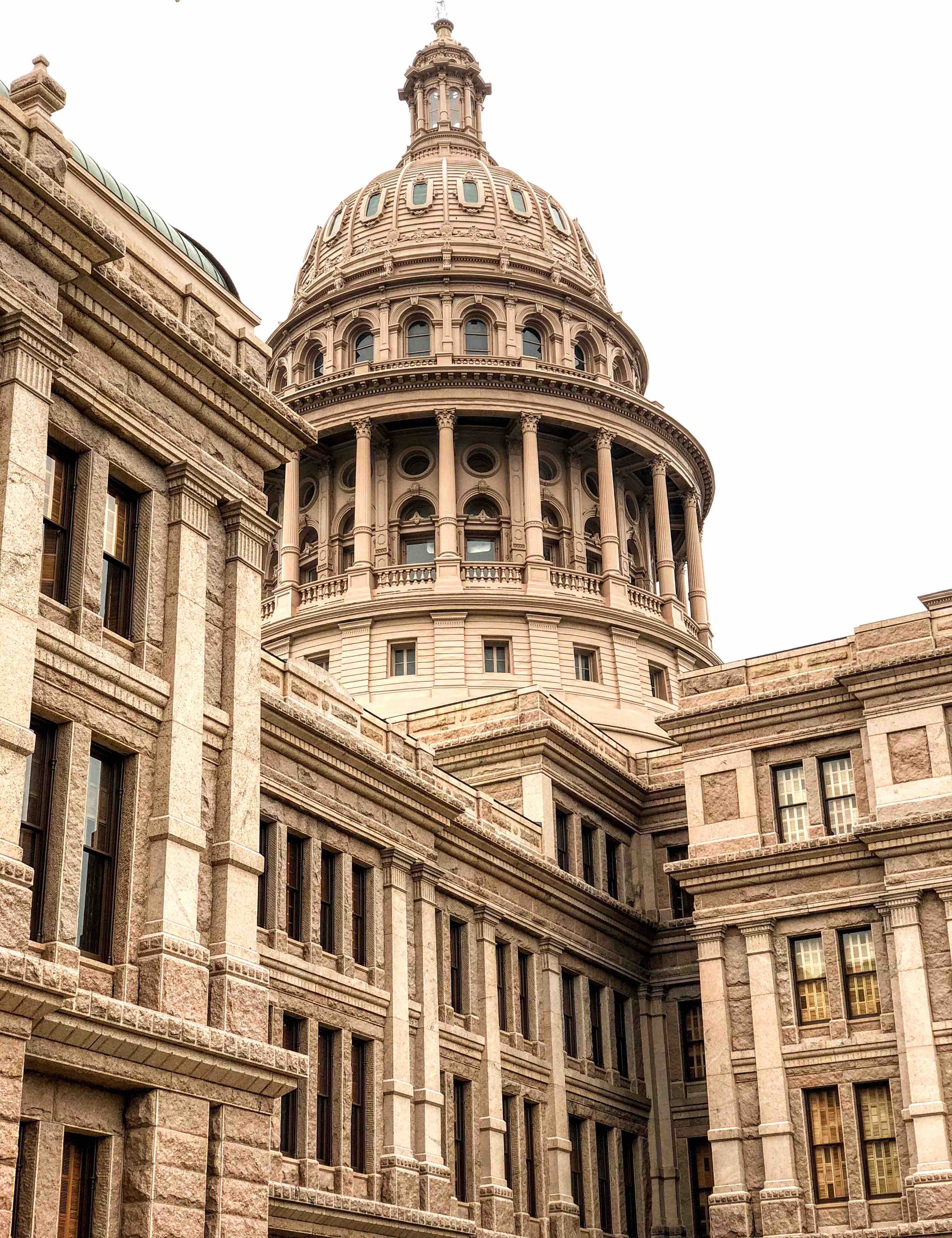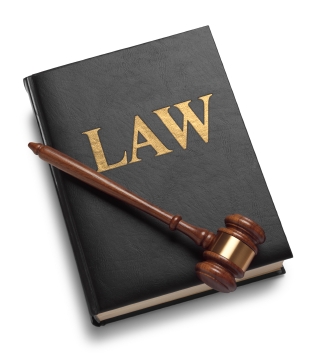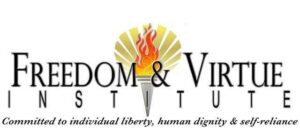Current controversy about the limits of government authority may revolve around masks, shutdowns, and quarantines, but the central issue—the legitimacy and advisability of government mandates—is a perennial one and lies at the heart of all theories of government and society. Crises of civil order, of economic panic, or of public health may necessitate an expansion of government coercion and restriction of individual liberty, but—even when such exigencies can be justified—we should not minimize their hazards. Handing over our individual judgment to civil authority puts at risk traits that are central to being human.
When Pope John Paul II dissected the pathology of socialism in his 1991 encyclical, Centesimus Annus, he cited a number of problems that seemed endemic to the unbridled expansion of government. But the “fundamental error socialism,” he contended, “is anthropological in nature.” Socialism, John Paul continued, “considers the individual person simply as an element, a molecule within the social organism, so that the good of the individual is completely subordinated to the functioning of the socio-economic mechanism.” Finally, socialism “maintains that the good of the individual can be realized without reference to his free choice, to the unique and exclusive responsibility which he exercises in the face of good or evil.”

The consequences of this debasement are dire: “Man is thus reduced to a series of social relationships, and the concept of the person as the autonomous subject of moral decision disappears, the very subject whose decisions build the social order.” And “this makes it much more difficult for him to recognize his dignity as a person, and hinders progress towards the building up of an authentic human community.”
In other words, it is moral action—acting based on deliberate choices for good or evil—that makes of the person a subject, a center of activity that is self-directed. This self-direction is indispensable for maintaining human dignity. Without it, the person is infantilized and denigrated.
It should be obvious that this process can occur within societies that are not explicitly or entirely socialist in their politico-economic organization. When large swathes of life are severely restricted by legal regulation “without reference to … free choice,” human dignity is at risk. When people feel that they can no longer freely make important decisions concerning work, worship, education, communication, or consumption, “the concept of the person as the autonomous subject of moral decision” is at risk.
None of this is intended to endorse a radically libertarian view of the autonomous self. To be sure, John Paul II held no such position. Minor and unintrusive restrictions are necessary for the healthy functioning of social order. It is both morally and socially necessary that individuals recognize and be committed to common goods that extend beyond the narrow self-interest of the individual.

Yet, when the parameters of individual judgment are severely constrained by excessive government mandate, invocations of “the common good” ring hollow. The normative way to achieve the common good is by the voluntary participation of society’s members. Again, in a fallen world some coercion is always necessary (voluntary taxation is demonstrably impractical), but the landscape of human experience must always remain predominantly open and unimpeded.
In the United States, the federal code alone accounts for some 4,500 ways of law-breaking. That number is based on a 2008 estimate; it is likely higher today. But finding a reliable count is difficult because the code is so long and complex. Even lawyers, political scientists, and other experts aren’t sure about exactly what the law is or how many crimes it contains. State and local codes add even more density to the impassable thicket of regulation. In this climate, it is impossible for the average citizen even to know what his responsibilities under the law are, let alone honor them conscientiously.
The possibility that a zealous health official, safety inspector, or environmental regulator may identify some obscure transgression puts a damper on productive activity of every kind—and stymies, as John Paul put it, “the very subject whose decisions build the social order.” Freedom is the environment within which individuals and institutions serve the common good. Proliferating government mandates and regulation depress this activity and therefore, ironically, end up undermining the common good that is their justification.


